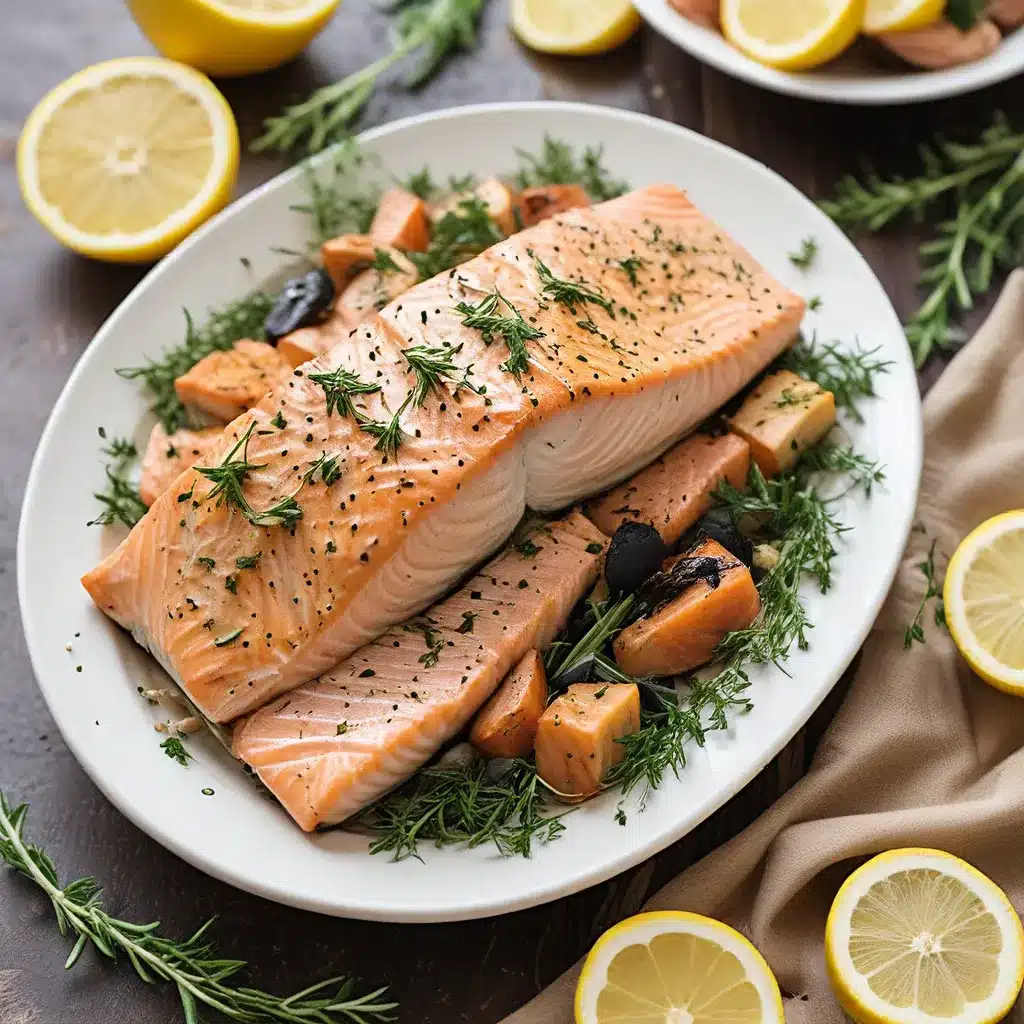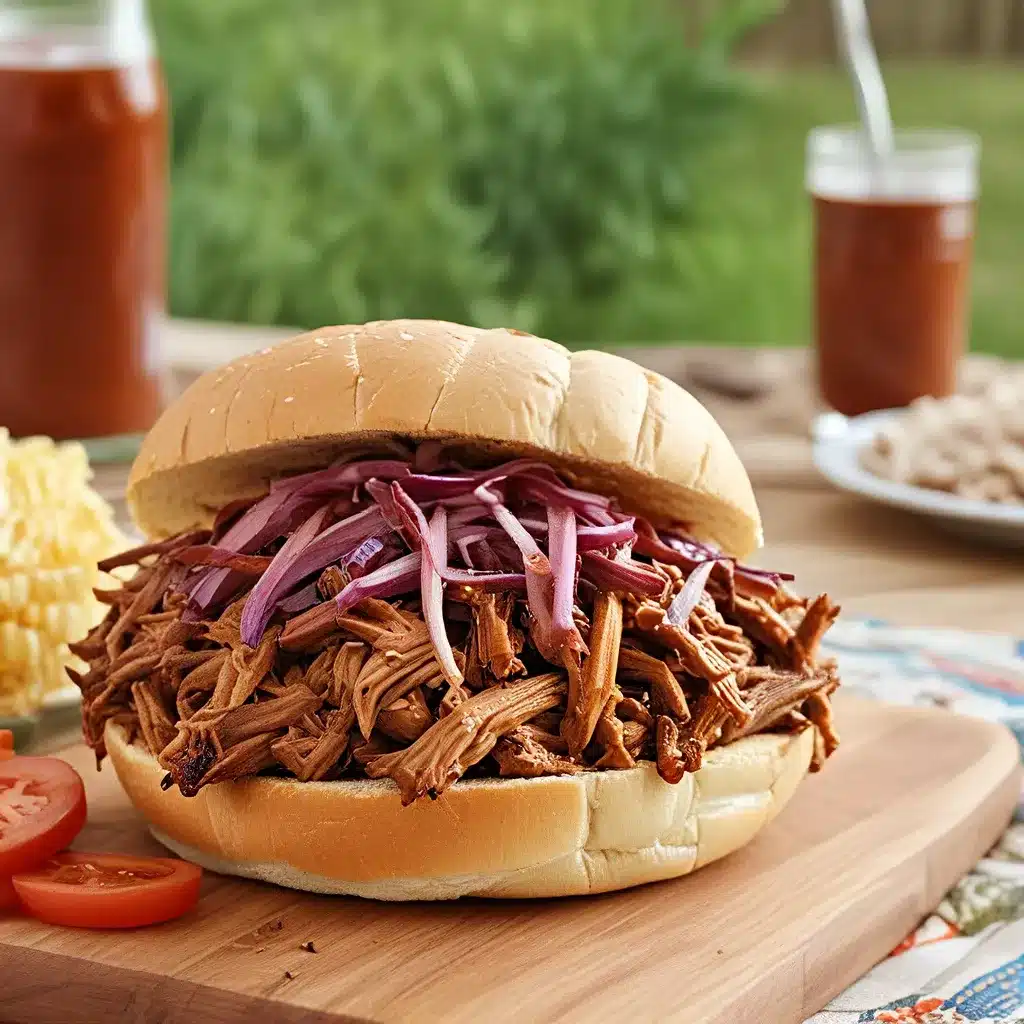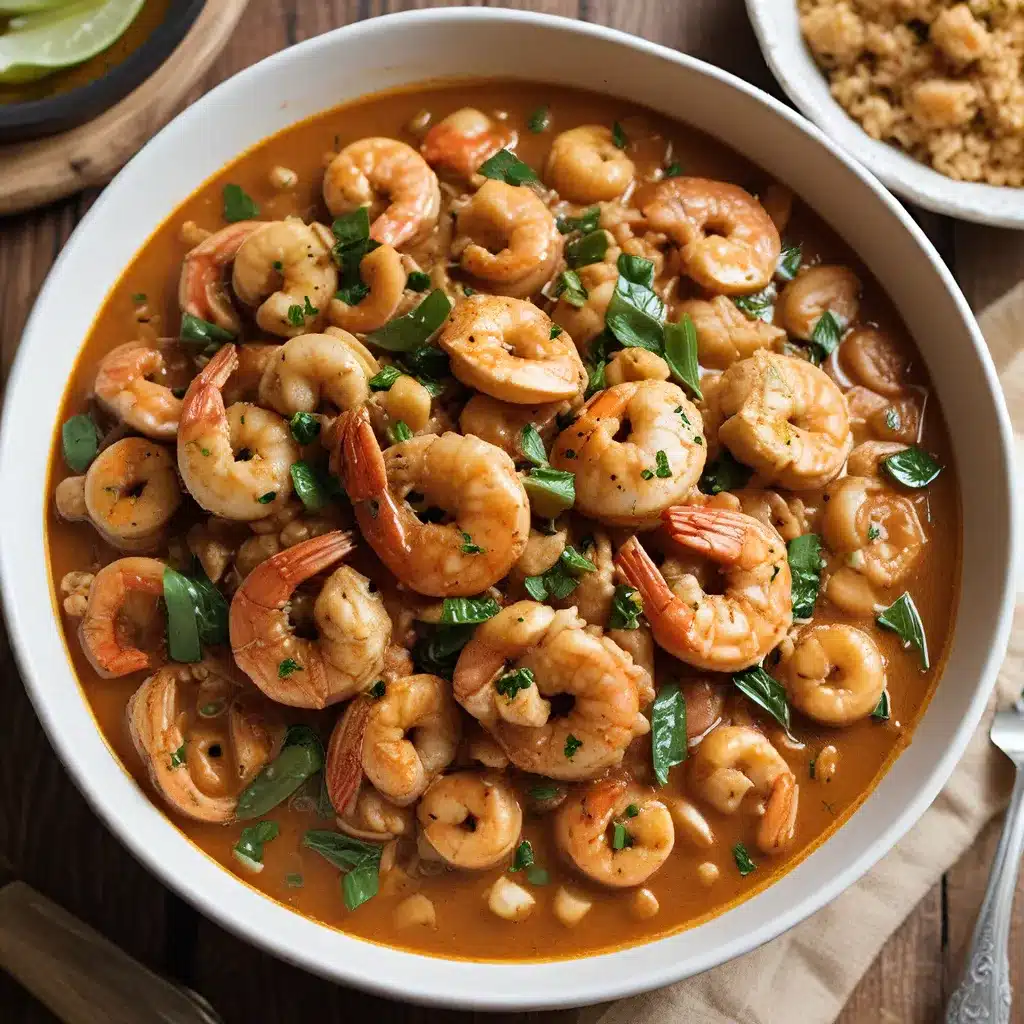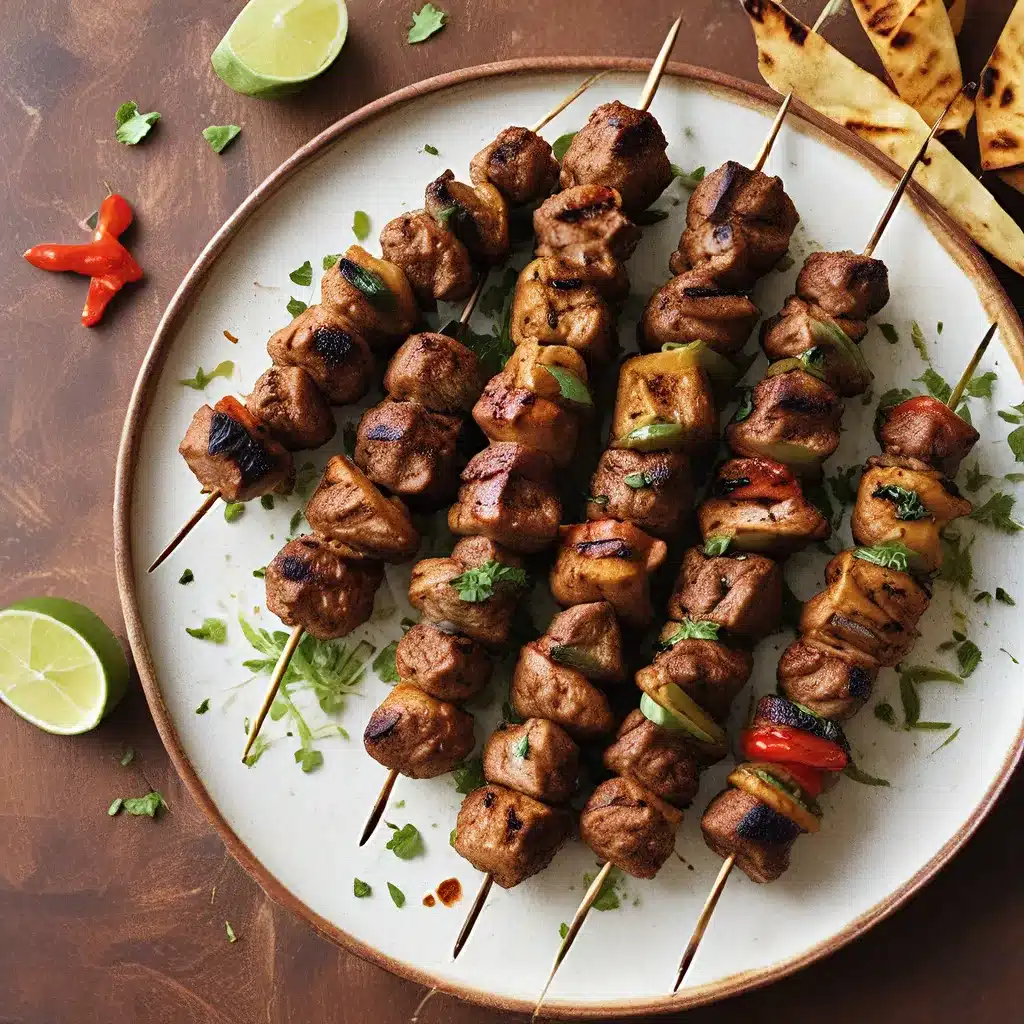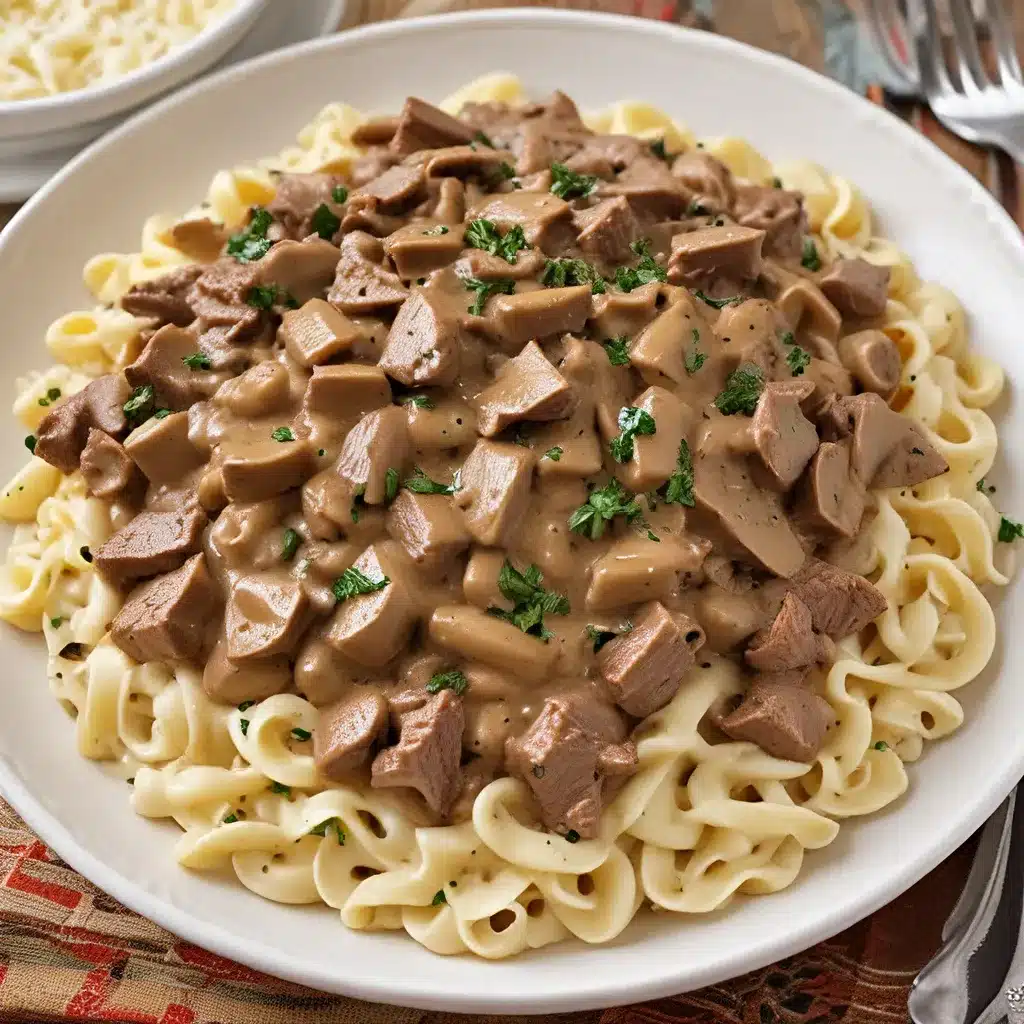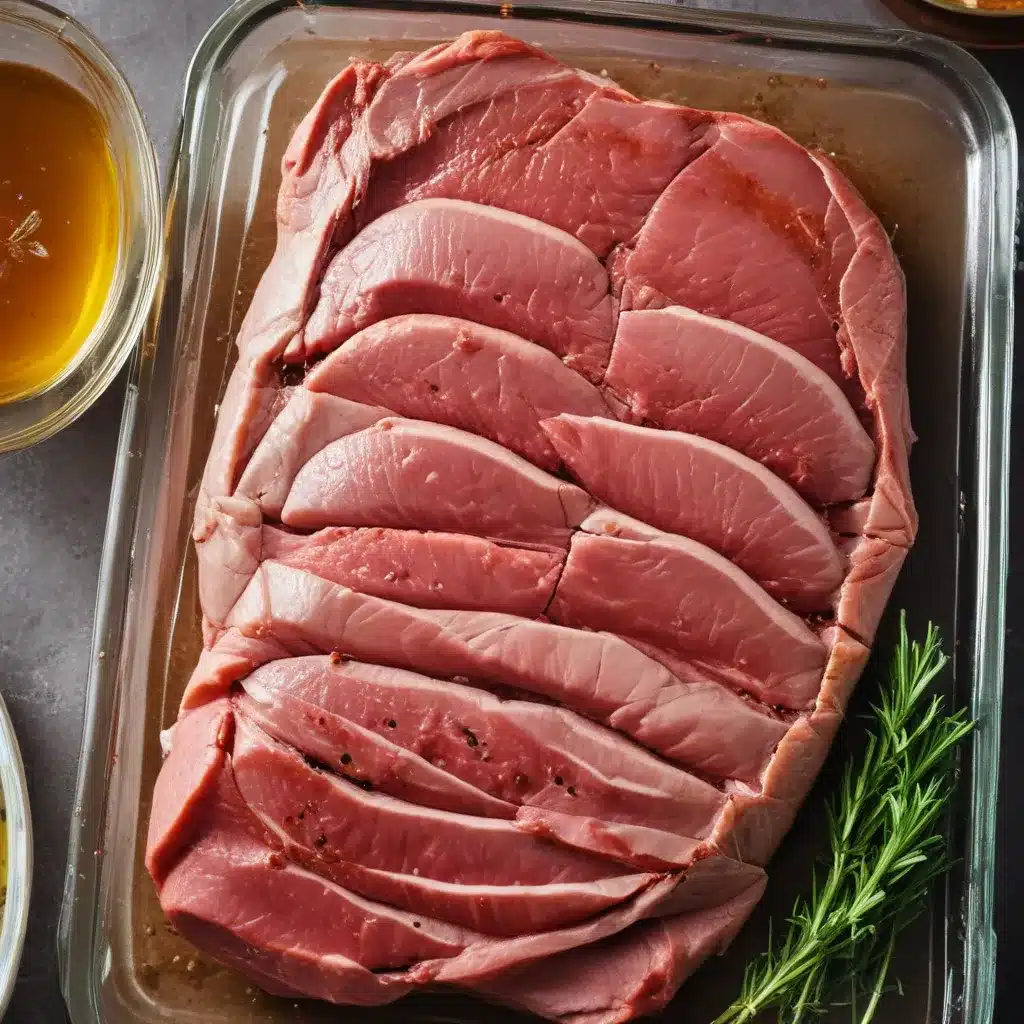
Unraveling the Mysteries of Meat Marination
You know that feeling when you realize everything you’ve ever believed about a cooking technique is a total lie? Yeah, that was me not too long ago. As a self-proclaimed home cook (who, let’s be real, lacks both experience and enthusiasm when it comes to standing over a grill), I had been walking around with some seriously misguided notions about marinating. That is, until I had the chance to pick the brain of our in-house grill master, Mark Driskill.
When Driskill started breaking down the dos and don’ts of marinating, I felt my world start to crumble. Turns out, a lot of the “conventional wisdom” I had accepted as gospel was actually… well, not so wise. And as I soon discovered, I wasn’t the only one around the office who was mind-blown by just how much we had all been misinformed about this seemingly straightforward cooking concept.
So, let’s start by addressing the biggest marinating myths head-on, shall we? Because once you know the truth, there’s no going back. Your grilling game is about to get a whole lot more flavorful.
Myth-Busting 101: Marinating Edition
Myth #1: The Longer You Marinate, the Better
I know, I know – this one sounds crazy, right? After all, the “more time, more flavor” rule is basically the foundation of marinating 101. Wrong. According to Driskill, this is completely false when it comes to standard cuts of meat from the grocery store.
You see, your marinade can only penetrate so far into the surface of the meat. So unless you’re working with super delicate proteins, like shrimp or thinly sliced chicken, leaving your meat soaking for days on end isn’t going to make a lick of difference. In fact, it could actually do more harm than good.
“Leaving meat in a marinade past the point of reason may eventually allow your marinade to saturate further, but it comes at the cost of denaturing the protein to an unappetizing point of no return.”
Translation: the acid in your marinade will start to transform the exterior of your meat into a mushy, unappealing mess if you let it soak for too long. So while a few hours is ideal, anything beyond 12 hours is just overkill.
Myth #2: Marinating is a Tenderizing Miracle
Another common misconception? That marinating is the secret to transforming even the toughest cuts of meat into tender, melt-in-your-mouth perfection. Nope.
Sure, the acid in your marinade can start to break down the exterior of the meat, but to really tenderize those big, tough cuts, Driskill says your best bet is good old-fashioned mechanical tenderization – you know, the kind that involves a trusty meat mallet. Because no matter how long you let that marinade work its magic, it’s just not going to make a significant dent in the interior of a massive hunk of beef or pork.
“If the cut isn’t a great choice for marinating, given the info above, it’s probably not a great choice for the cooking methods associated with marinating (like grilling or high-heat roasting),” Driskill explains. “Instead, you’re likely better off with a low, slow, moist cooking method.”
Myth #3: Bottled Italian Dressing Makes the Perfect Marinade
Growing up, this was the go-to marinade in my house – we’d just grab a bottle of store-bought Italian dressing and call it a day. But as it turns out, that’s a big no-no.
“Compare the ingredient label of that bottled dressing to The Master Marinade Blueprint… they’re not doing the same thing,” Driskill says. “Skip the bottle and whip up your own, it only take a few minutes.”
The Meat and Potatoes of Marinating
Okay, now that we’ve cleared the air on some of the most common marinating misconceptions, let’s dive into the nitty-gritty of how this whole process actually works.
When it comes to meat, the key is the moisture present in the proteins that make up the flesh. This moisture is what allows marinade absorption to happen in the first place. Similar to a dry brine, the salt in your marinade draws moisture out of the meat, enabling the salt (as well as any sugary components) to interact with the surface.
As the meat loses moisture, it’ll start to draw it back in – and that’s when the salty, sweet flavors of the marinade can really work their way deeper into the meat. Of course, the other flavoring elements in your marinade are largely restricted to the surface.
So, what’s the blueprint for building a killer marinade from scratch? Driskill lays it out like this:
- Oil (neutral like canola or olive) – This is the foundation, and you’ll want about 3 parts oil to 1 part acid.
- Acid (citrus juice, vinegar) – Don’t overdo it here, as acid can have a detrimental impact on your meat over time.
- Sugar (honey, maple syrup, etc.) – About 2 tablespoons per 1/2 cup of oil.
- Salt (soy sauce, Worcestershire, fish sauce) – Use a sodium-rich liquid to deliver that salty punch.
- Aromatics & Spices (herbs, citrus zest, garlic, ginger, etc.) – These are your flavor boosters.
With this simple blueprint in hand, Driskill whipped up four of his go-to marinade recipes that are perfect for everything from veggies and tofu to chicken, steak, and lamb. From a classic all-purpose blend to Latin- and Asian-inspired variations, these foolproof marinades are sure to level up your grilling game.
Home Cooking Rocks has all the recipes and tips you need to become a marinade master. So get ready to ditch the store-bought dressings and start crafting your own signature blends. Your taste buds (and your guests) will thank you.
The Best Candidates for Marinating
Now, while meat might be the most common marinating subject, it’s certainly not the only option. In fact, there are a few other foods that are particularly well-suited for this flavor-boosting technique.
Vegetables
“Most vegetables are world-rocking when marinated and grilled,” Driskill says. Unlike meats, veggies are packed with fiber rather than protein, which means they soak up marinade like a sponge. So if you’re looking to take your grilled zucchini, peppers, or asparagus to the next level, a quick marinade is the way to go.
Tofu
Similar to raw veggies, tofu’s porous nature makes it an excellent candidate for marinating. Just don’t leave it soaking for too long, or you might end up with a mushy mess on your hands.
Shrimp
According to recipe developer Robin Bashinsky, shrimp are about as perfect a food for marinating as there could be. Their petite size and inherent leanness allow them to soak up maximum flavor in a short amount of time (we’re talking 30 minutes, tops). And the quick cooking time ensures those fresh, vibrant marinade notes shine through.
Cubed Chicken Breast
Bashinsky gives a similar thumbs-up to bite-sized pieces of white meat chicken. Just like shrimp, the small size and quick cook time make cubed chicken an ideal marinating subject.
Thinly Sliced Skirt Steak
While you can’t necessarily tenderize a big ol’ hunk of skirt steak with a marinade, slicing it thin before soaking it can work wonders. The increased surface area allows the flavors to really penetrate.
Of course, not every protein plays nicely with marinades. Driskill cautions against letting delicate fish like snapper, tilapia, or cod soak for more than an hour, lest the acid “cook” the flesh. And when it comes to heartier seafood, you’ll want to keep a close eye on the clock as well.
Mastering the Marinade
With all this newfound marinating knowledge in your back pocket, you’re probably itching to get in the kitchen and start experimenting. But before you dive in, Driskill has a few final tips to help you marinade like a pro:
-
Vessel of Choice: Driskill swears by large, plastic zip-top bags. His trick is to seal the bag with air still inside, then give it a good shake to fully coat the contents. Just be sure to place the bag on a rimmed baking sheet or in a casserole dish, just in case of any leaks.
-
Timing is Everything: As a general rule of thumb, Driskill recommends sticking to 3-4 hours of marinating time for standard proteins like chicken, steak, and pork. Anything beyond 12 hours is pushing it, and 24 hours is a no-go.
-
Cooking Method Matters: Marinated meats, veggies, and other foods are best suited for hot, dry cooking methods that allow the marinade to drip away freely, like grilling or high-heat roasting. Stove-top cooking, on the other hand, can lead to steaming and a less-than-ideal texture.
-
Boozy Marinades Beware: While the occasional recipe might call for an alcohol-based marinade, Driskill and his team generally steer clear. Alcohol has a tendency to denature proteins more intensely than basic acids, so you have to be extremely cautious with the timing.
Follow these guidelines, and you’ll be well on your way to mastering the art of marinating. Ready to put your new skills to the test? Head on over to Home Cooking Rocks for a collection of our favorite foolproof marinade recipes. Your taste buds are in for a real treat.

